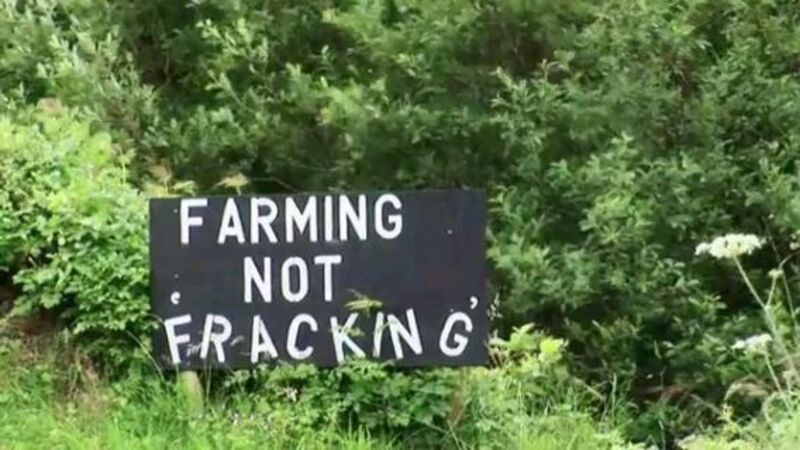Brussels Briefing

However, just in time, a paper investigating the ethical framework for assessing research, production and use of energy has been produced by the European Group on Ethics in Science and New Technologies that advises the president of the European Commission.
This little-known but very august body reported on the sustainable energy mix in Europe and recommended that if a proper study shows of the safety and environmental impact of fracking be carried out and if issues remain.














